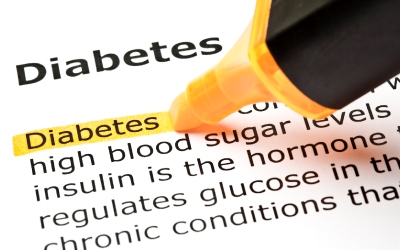Could A New Test Identify Gestational Diabetes?
Researchers in Japan have discovered a new blood test which could help to predict gestational diabetes in the first trimester. Women in the top quartile for serum soluble (pro)renin receptor in the first 14 weeks gestation are reportedly three times more likely to develop gestational diabetes compared to those with the lowest levels. The study showed that the test has good predictive accuracy – the study was carried out by Tokyo Women’s Medical University. The group in the study previously showed that the biomarker, which shows activation of the renin-angiotensin system, also predicted the development of hypertension during pregnancy as well. Gestational diabetes is generally tested with an oral glucose test or a tolerance test at between 24 and 28 weeks gestation. The earlier that GPs can identify this condition, the easier it will be to limit complications associated with it.
The study involved over 700 women who had no signs of pre-existing diabetes – they were seen during the first trimester of a singleton pregnancy. During the pregnancy, six percent of the women developed the condition having been diagnosed with a 75g oral glucose test, following a positive screen with the standard tests. These women in the group had higher serum soluble (pro)renin receptor levels than those who didn’t develop gestational diabetes. Researchers stated that there could be a possibility of misclassification due to a false negative glucose challenge test result and the single measurement of soluble (pro)renin receptor levels, under non-uniform circumstances. They advised that further tests would need to be carried out to clarify whether soluble (pro)renin receptors contribute to the pathogenesis of gestational diabetes. If you think you may be showing signs of diabetes during your pregnancy, it is important that you seek medical advice from your nurse or GP so as to receive the correct treatment.


Comments are closed.